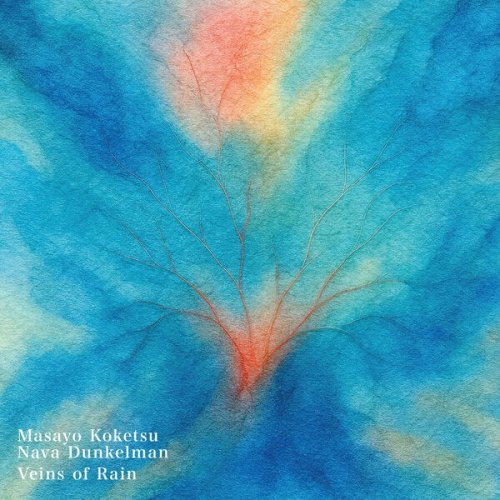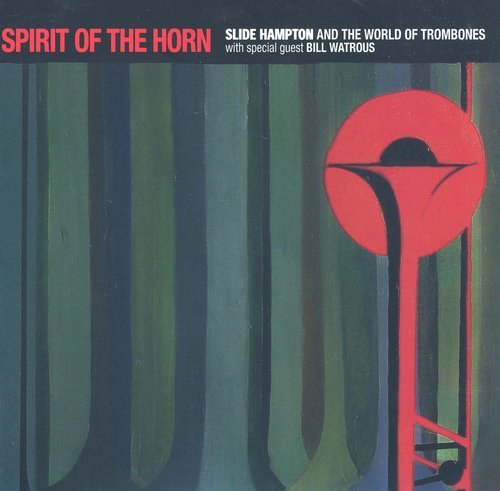Ernán López-Nussa - Sacrilegio (2013)
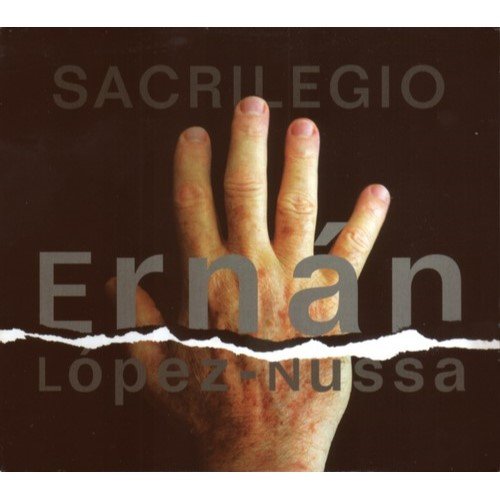
Artist: Ernán López-Nussa
Title: Sacrilegio
Year Of Release: 2013
Label: Cinquillo Colibri
Genre: Cuban Jazz, Classical
Quality: FLAC (tracks+.cue, log, Artwork)
Total Time: 52:30 | 1:02:19
Total Size: 612 MB
WebSite: Album Preview
Tracklist:Title: Sacrilegio
Year Of Release: 2013
Label: Cinquillo Colibri
Genre: Cuban Jazz, Classical
Quality: FLAC (tracks+.cue, log, Artwork)
Total Time: 52:30 | 1:02:19
Total Size: 612 MB
WebSite: Album Preview
CD I (Rondó):
1. Danzón en el Vaticano (uses the 1st movement from the Concerto Italiano by J. S. Bach)
2. Avant-aprés (uses the Preludio & Fugue in Cm by J. S. Bach)
3. La Perla del Edén (uses La Bella Cubana by J. White)
4. Los Cuatrocientos Golpes (uses Los Tres Golpes by I. Cervantes)
5. Líaison (uses Danza Amistad by I. Cervantes)
6. Qué Melancolía (uses Adagio from Sonata Pathétique by L. V. Beethoven)
7. Danzón Patético (uses Rondó from Sonata Pathétique by L. V. Beethoven)
8. Danzón en el Vaticano III (uses the 3rd movement from the Concerto italiano by J. S. Bach)
CD II (Molto Vivo)
1. Madre Scarlatti (uses Sonata in Dm by D. Scarlatti)
2. Boceto #1 (Leo Brouwer)
3. A la antigua (Ernesto Lecuona)
4. Afro Scarlati (uses Sonata in Dm by D. Scarlatti)
5. Vals (uses Vals in A-Flat by F. Chopin)
6. Scarlatti Jam (uses Sonata in Dm by D. Scarlatti)
7. Reverie (uses Dayream from Album for the Young by Schumann)
8. Molto Vivo (uses Study in F Sharp Major by K. Czerny)
9. Intimando con Cervantes (uses the Danza Intima by I. Cervantes)
10.Madre Scarlatti (take 2)
11. Boceto #1 (take 2)
12. A la antigua (take 2)
13. Reverie (take 2)
14. Intimando con Cervantes (take 2)
Numerous Cuban and other Latin-American Jazz and dance band artists have recorded their own versions of Classical works, but most of these have either sounded like novelty songs (interesting and entertaining but forgettable, Salsa versions of Beethoven's Fifth being a common example) or have been very limited in the scope of what they were attempting to accomplish. The importance of Classical music in the lives of these artists is hardly a secret - even Israel "Cachao" Lopez played in the Philharmonic and once jokingly referred to Beethoven as "pure ñañigo" during an interview in Andy Garcías documentary Cachao: Como Su Ritmo No Hay Dos. What is new about Sacrilegio, aside from the fact that it was made by one of Cuba's most important Jazz virtuosos (Ernán López-Nussa), is the unprecendented scope of the project. This release contains two CDs and one DVD which include selections from multiple composers from Bach to Cervantes to Brouwer among others, taking in a range of several centuries and styles of composition.
It would be understandable for the casual reader to ask "What was Ernán thinking?", and it may be easier to let him explain that in his own words (translated from the liner notes in Spanish):
The Sacred Amuses You....
Sacrilegio presents my game with the boundary between the sacred and the profane. Virtuous interventions in the comtemporary, inspired by our secret student desecrations, hours of "flirting" with hard curricula. Deliriums that awaken the ruled papers for all eternity.
Sacrilege in Roman law was limited to the theft of a sacred thing. For me it is a fun exercise in musical integration that brings us, in a way, closer to the divine.
It would be horribly wrong to think of these selections as being nothing more than Cuban Jazz covers of classical compositions. Although all of the songs are based upon (and credited with) a theme from a classical piece, they are more like improvisational variations and definitely contain as much Jazz as classical. Almost all of the selections use Enriqué Plá on trap drums in lieu of any Afro-Cuban percussion, although the Danzón and a 6/8 are used in a few of the tracks. The two pieces that are most distinctly Afro-cuban are Afro-Scarlatti, which brings in several guest artists to add vocals and augment the percussion, and Intimando con Cervantes, which uses guests Changuito and Maraca to great effect. Ernán's improvisations throughout the recording are extraordinary, and bassist Gastón Joya also contributes his share of memorable passages. Enrique Plá is mostly in the background here, but it is an extremely important background - his brush and cymbal work is at a level beyond the grasp of many modern drummers and adds a special texture to the recording. The music is often playful and profound simultaneously, and some of that spirit spills into the rest of the project (Los Tres Golpes, for example, is re-christened Los Cuatrocientos Golpes here).
It would be understandable for the casual reader to ask "What was Ernán thinking?", and it may be easier to let him explain that in his own words (translated from the liner notes in Spanish):
The Sacred Amuses You....
Sacrilegio presents my game with the boundary between the sacred and the profane. Virtuous interventions in the comtemporary, inspired by our secret student desecrations, hours of "flirting" with hard curricula. Deliriums that awaken the ruled papers for all eternity.
Sacrilege in Roman law was limited to the theft of a sacred thing. For me it is a fun exercise in musical integration that brings us, in a way, closer to the divine.
It would be horribly wrong to think of these selections as being nothing more than Cuban Jazz covers of classical compositions. Although all of the songs are based upon (and credited with) a theme from a classical piece, they are more like improvisational variations and definitely contain as much Jazz as classical. Almost all of the selections use Enriqué Plá on trap drums in lieu of any Afro-Cuban percussion, although the Danzón and a 6/8 are used in a few of the tracks. The two pieces that are most distinctly Afro-cuban are Afro-Scarlatti, which brings in several guest artists to add vocals and augment the percussion, and Intimando con Cervantes, which uses guests Changuito and Maraca to great effect. Ernán's improvisations throughout the recording are extraordinary, and bassist Gastón Joya also contributes his share of memorable passages. Enrique Plá is mostly in the background here, but it is an extremely important background - his brush and cymbal work is at a level beyond the grasp of many modern drummers and adds a special texture to the recording. The music is often playful and profound simultaneously, and some of that spirit spills into the rest of the project (Los Tres Golpes, for example, is re-christened Los Cuatrocientos Golpes here).

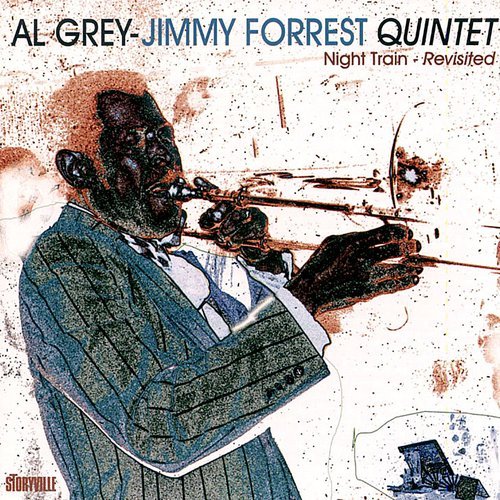
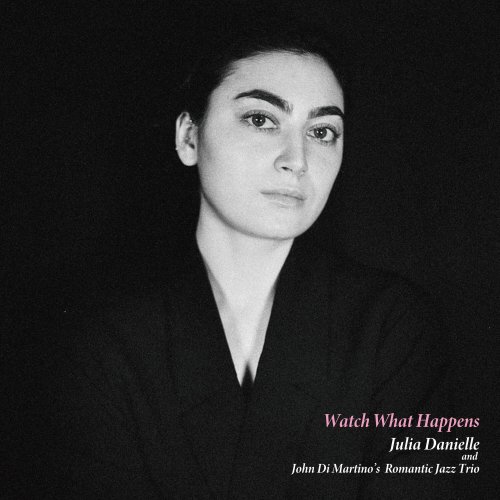
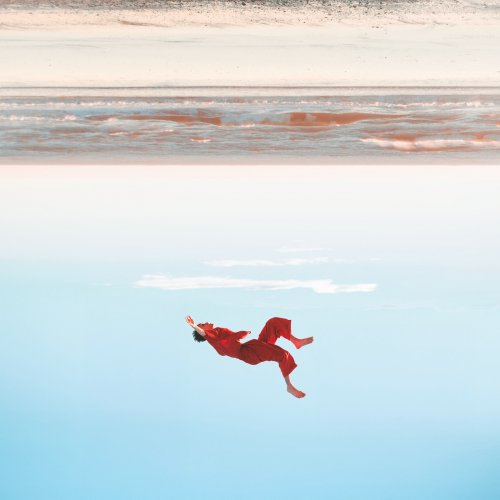
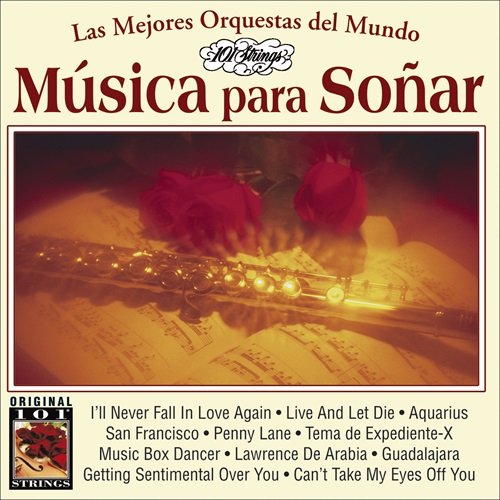
![Marco Mezquida - Táctil (2026) [Hi-Res] Marco Mezquida - Táctil (2026) [Hi-Res]](https://www.dibpic.com/uploads/posts/2026-02/1771330590_folder.jpg)
![Ragini Trio - 3 (2026) [Hi-Res] Ragini Trio - 3 (2026) [Hi-Res]](https://img.israbox.com/img/2026-02/19/uoki2dxo3dfz215xa2kz53gcp.jpg)
